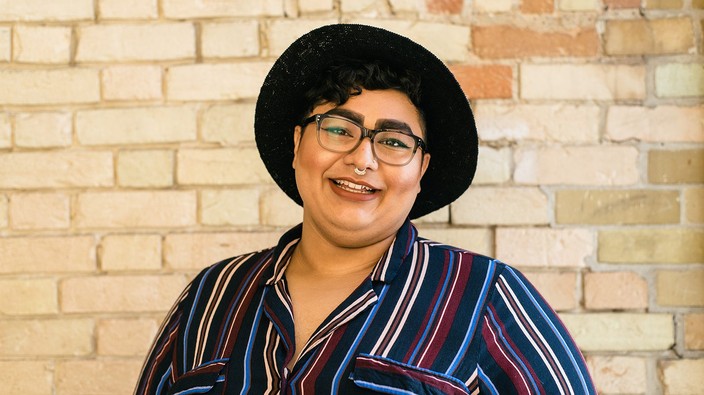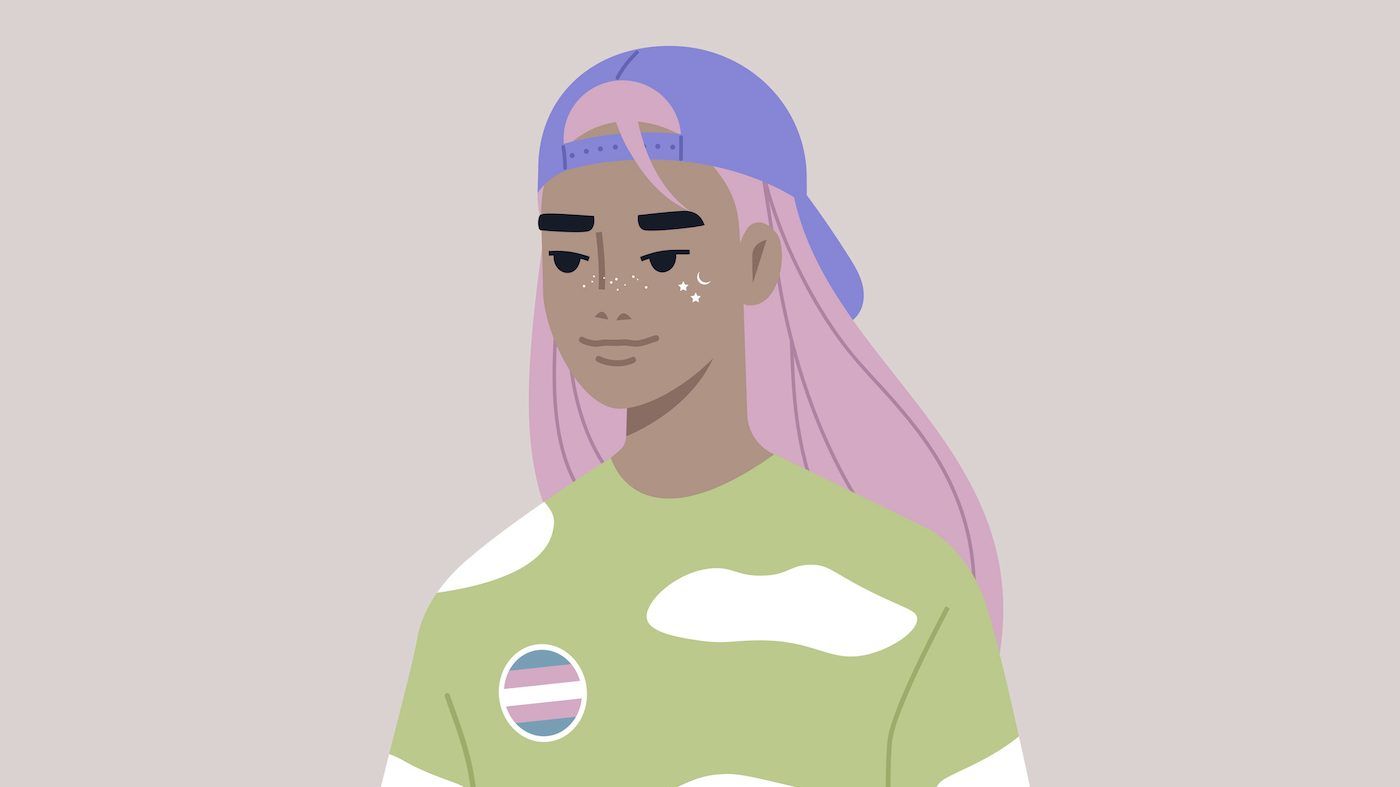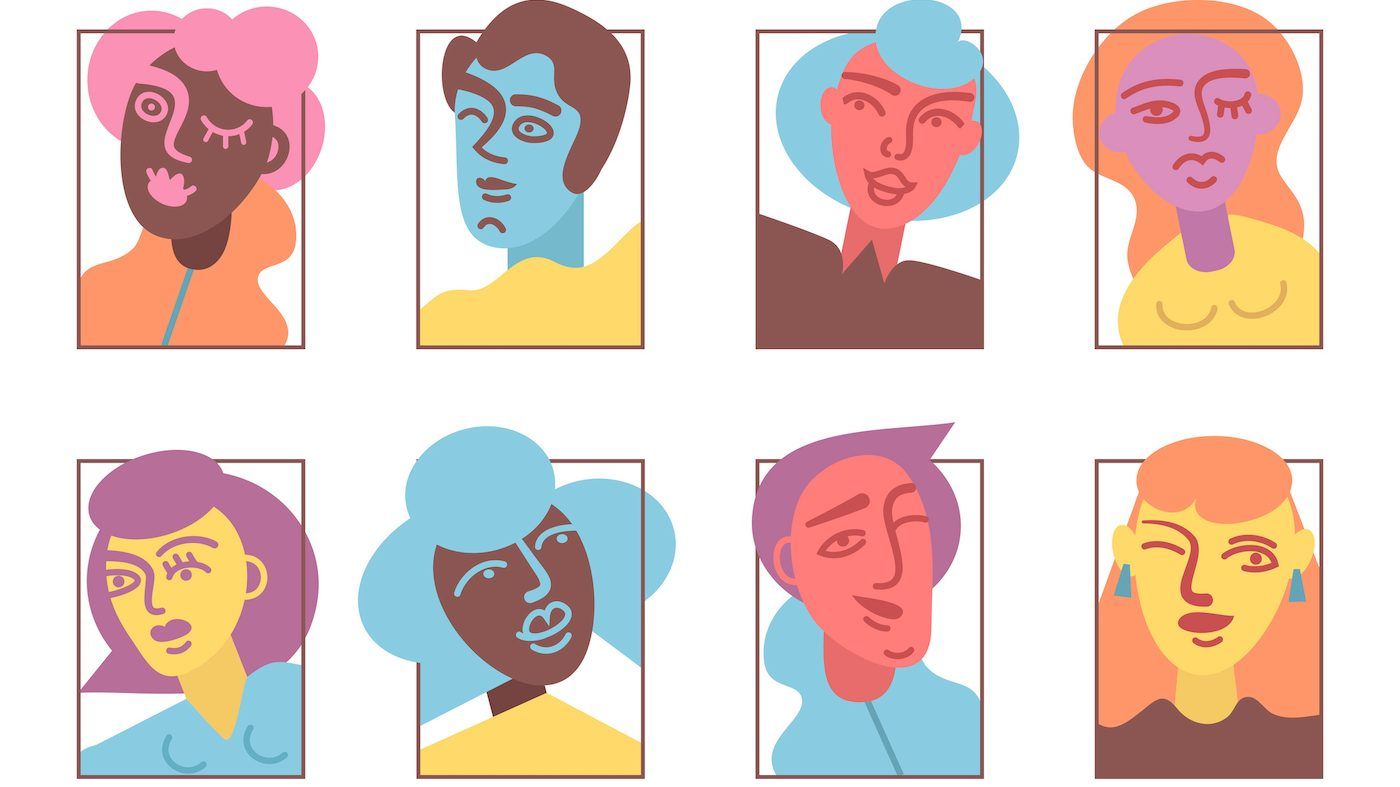kids who identify as a different gender at a young age rarely regret their decision
the vast majority of young kids who socially transition still maintain their gender identity five years later, according to a new study.
cis, transgender, two-spirit: supporting canada's queer community starts with knowing the difference
accepting that people have the right to define their gender regardless of assigned sex and respecting gender identifications, pronouns, and names are just two ways to show support.
lgbtq cancer care: 'we need clinicians to understand tribe'
transgender people in general reported more difficulty in accessing affirming care
 8 minute read
8 minute read









